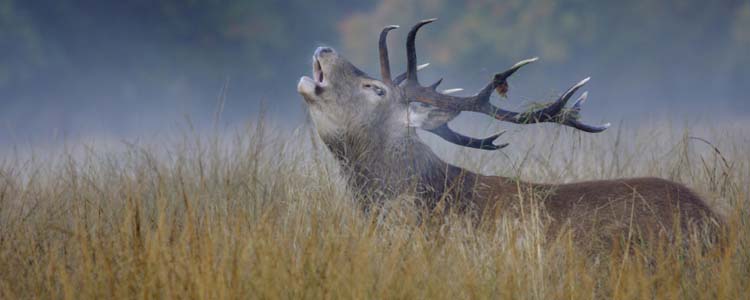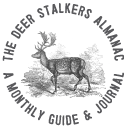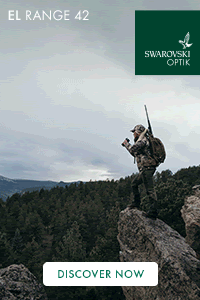In the second of a series of articles African Professional Hunter Giles Allcock looks at the history and allure of hunting in Africa.
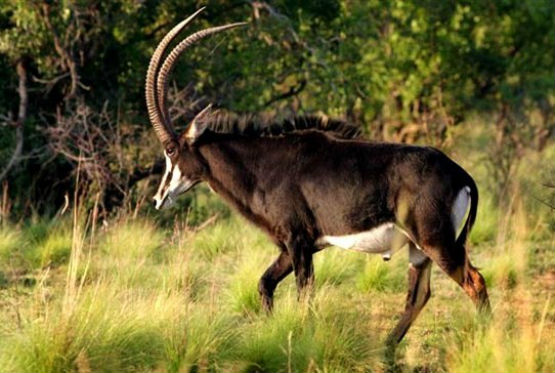
Africa’s variety of wildlife has been attracting great hunters from Europe and America since the early 1800s creating the “Golden Years” of the African safari.
This time gave rise to some of the most famous names in the “Safari” industry which include the likes of Frederick Courtney Selous, William Bell (later known as Karamojo Bell), Bror von Blixen-Finecke (married to Out of Africa author Karen Blixen), William Charles Baldwin, Gordon Cumming, William Finaughty, JA Hunter, Ernest Hemingway and even former US president Theodore Roosevelt to name a few.
Frederick Courtney Selous was a British officer and a good friend of both Roosevelt and Cecil John Rhodes and was very much the gentleman hunter. The well-known Selous Game Reserve in Tanzania is named after him.
William Bell was named “Karamojo” due to his hunting in Karamojo in Uganda. He became famous for his ability to place the perfect headshot on elephants. He is reported to have hunted more than 1000.
Roualeyn George Gordon-Cumming, a Scotsman who hunted mainly in South Africa, was known as “lion hunter”. On returning to England, his trophies were shown at the Great Exhibition in London, weighing more than 27 metric tones in weight.
Most of these well renowned hunters kept a diary of their hunting experiences in Africa. These later became novels portraying their hunting safaris and expeditions on the continent, further fuelling its attraction.
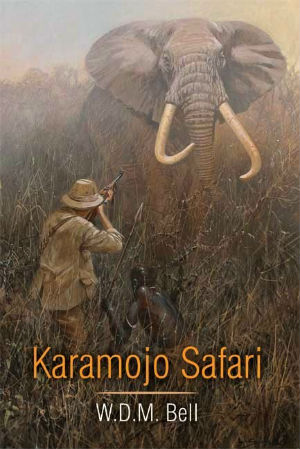 Many of these fantastic books can be found in Antique bookshops around the world and are well worth hunting down. They transport you back to time when the adventures and exploits of these flamboyant characters were common place around dinner tables and nurseries alike. Every boy wanted to be a “Professional Hunter” and many came out to try their hand at hunting Africa’s enchanting wildlife.
Many of these fantastic books can be found in Antique bookshops around the world and are well worth hunting down. They transport you back to time when the adventures and exploits of these flamboyant characters were common place around dinner tables and nurseries alike. Every boy wanted to be a “Professional Hunter” and many came out to try their hand at hunting Africa’s enchanting wildlife.
The most popular hunting destinations between 1800 and 1950 were Kenya, Rwanda, Uganda, Tanganyika (Tanzania), Portuguese West Africa (Angola), South West Africa (Namibia), Southern Rhodesia (Zimbabwe), Northern Rhodesia (Zambia), Portuguese East Africa (Mozambique), Bechuanaland (Botswana) and South Africa.
Not all are still open to hunters. And countries that still allow hunting are becoming fewer. The main destinations today are Zimbabwe, Zambia, South Africa, Mozambique and Namibia.
Namibia gives hunters the opportunity to hunt the ‘big five’ – Elephant, Rhino, Lion, Leopard and Buffalo. There is also the opportunity to hunt various plains game like Gemsbok (Oryx), Springbok and Eland – of which Gemsbok is the most famous among hunters that choose to hunt Namibia.
Namibia’s hunting land varies, sometimes hunters use private land that can vary from a few thousand hectares to millions of hectares. They also use state-owned hunting concession areas in the country’s northern provinces.
After temporary bans Zimbabwe and Zambia recently lifted those bans to allow hunting. Both have vast game reserves, concessions and national parks. These still provide hunters with the challenge of hunting game in open, unfenced areas. Most encompass thousands of hectares of land where hunters still primarily hunt on foot.
Game is plentiful, and Zimbabwe can still boast that it is home to the Big Five. Leopard Rock Outfitters offers our clients hunting that cannot be beaten, value for money and the thrill of the chase are paramount to our operation and Zimbabwe, being our primary hunting location, can offer a trip of a lifetime, from management hunting to trophy hunting, Zimbabwe has it, and we can provide the echoes of the past in settings that are unsurpassed.
Zimbabwe and Zambia provide hunters with relatively easy access and good infrastructure, Hunting companies and concessions have well-maintained lodges and camps offering, in most cases, luxury bush camps, called fly camps, erected for the hunting season only, or in thatched lodges that give you a “home away from home” feeling yet in the natural surroundings of the African bush.
South Africa also offers hunters the Big Five and what makes it particularly attractive is that it has more than forty different species to hunt. The country is easily accessible and has better infrastructure than most competitors in Africa.
Accommodation ranges from rustic bush camps to five-star permanent hunting lodges. Hunting takes place mainly on privately owned land where game is well managed. Because game is privately owned, it has a value for owners. This has led to tremendous increases in numbers of game that would most likely be driven to near extinction by poaching, snaring and encroachment, during the last 20 years.
As in Zimbabwe and Zambia, hunting in Mozambique is conducted in state-owned concession areas. Mozambique nearly faced the extinction of some game species after its long civil war, but has shown a promising recovery.
Traditional hunting areas near Beira were hit the hardest during the long drawn out civil war post Portuguese Colonial withdrawal, this left the country decimated and in desperate need of investment and management of its wildlife populations. Enterprising Zimbabwean, South African and Zambian operators invested into the government run hunting concessions and now the country is on the rebound with numbers of game animals increasing yearly.
Today the best hunting areas are found in more remote areas, near Tanzania and close to Zimbabwe. Wildlife includes a variety of species, but Sable, one of the most majestic and elegant of all the antelope species, can be hunted in most areas, giving Mozambique an advantage over other hunting destinations. Sable are one of the most sought-after animals due to the bulls sabre like sweeping horns and his gloss black coat that give him an heir of regal grace and elegance.
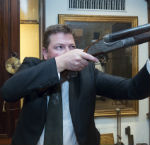 Left: Giles Allcock at the Capreolus Club summer wine tasting event.
Left: Giles Allcock at the Capreolus Club summer wine tasting event.
If you are interested in hunting in Africa and would like advice on how to get started then contact:




